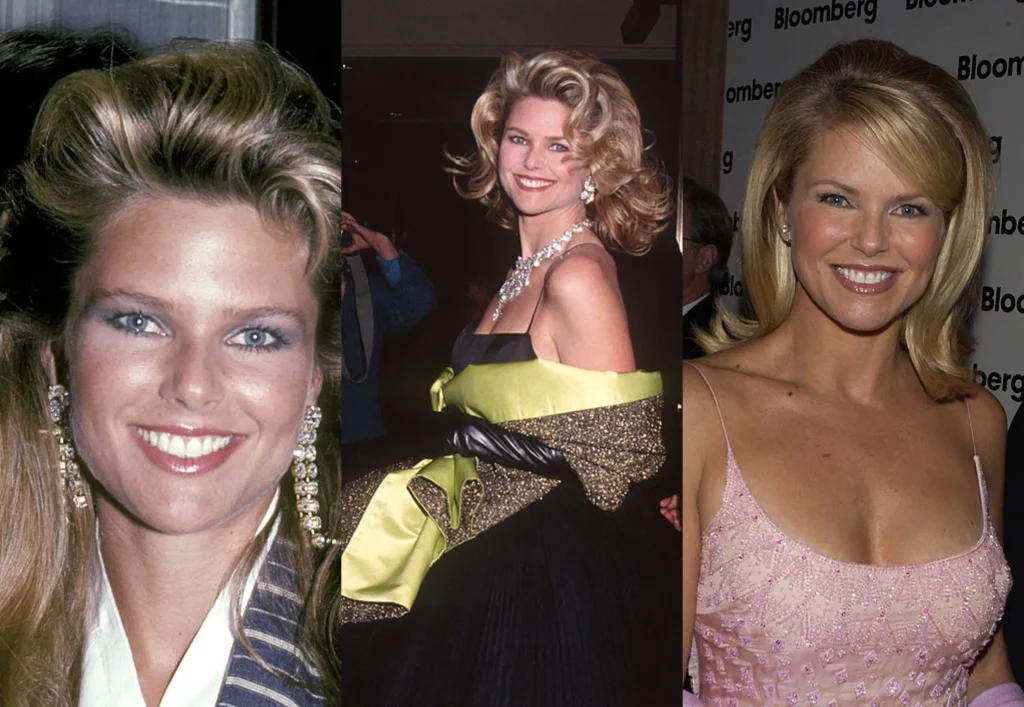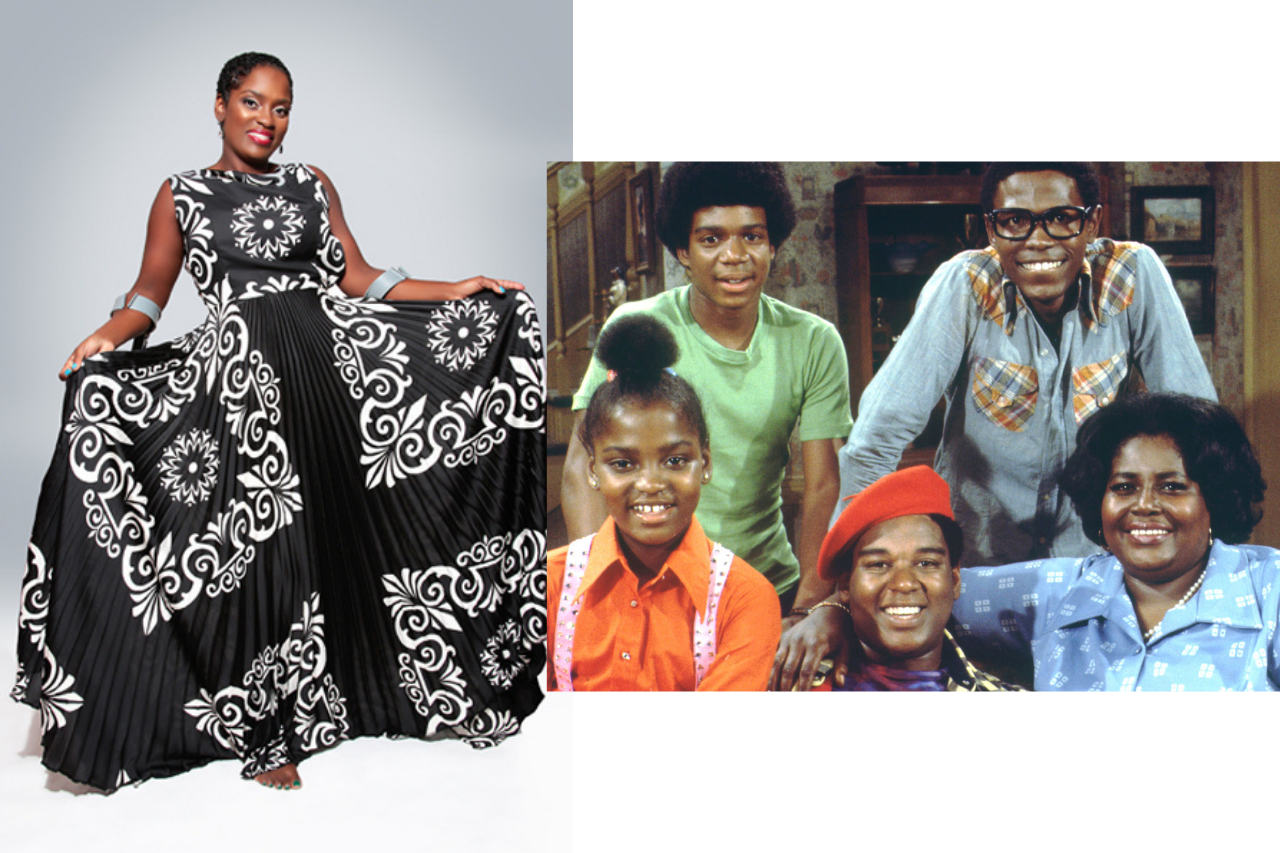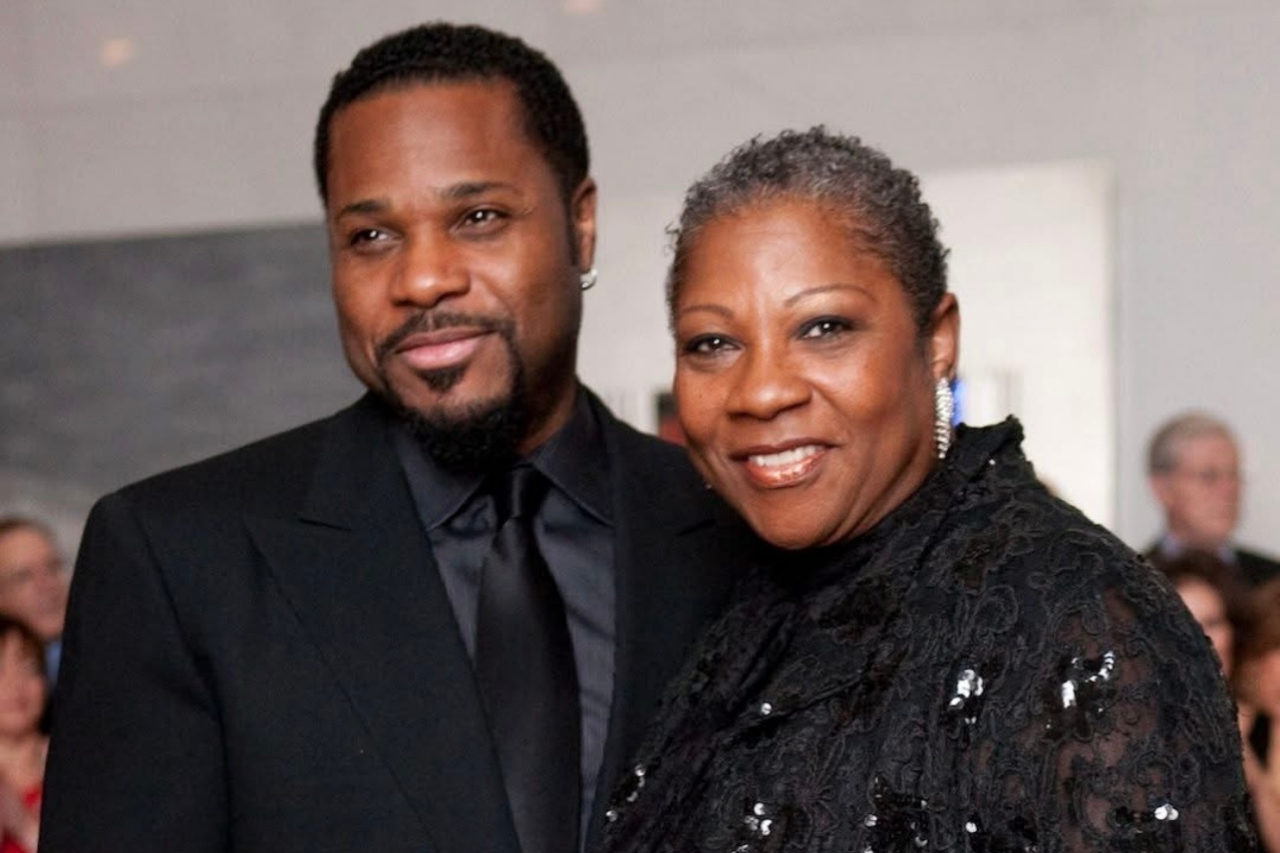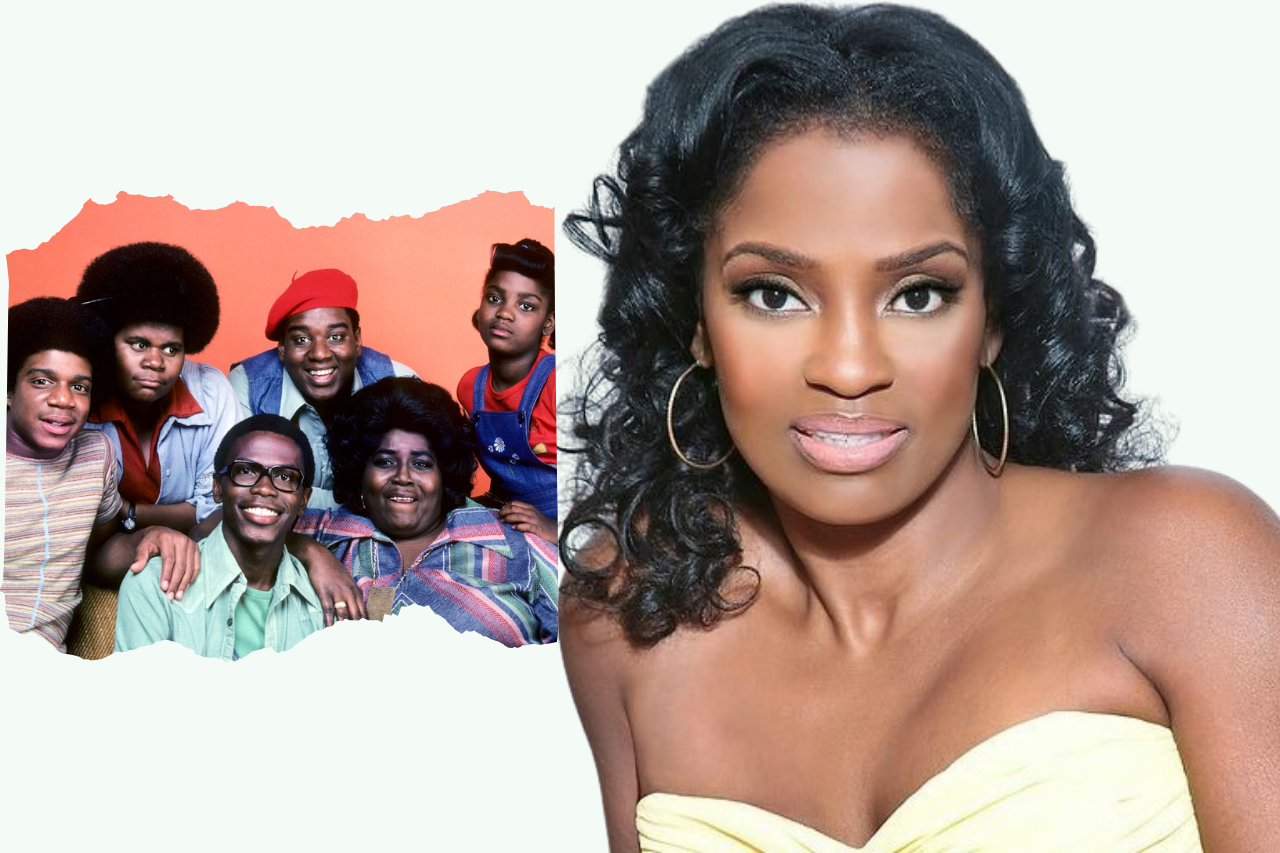At 71, iconic supermodel and author Christie Brinkley isn’t just reflecting on her past, she’s reimagining marriage entirely. After four high-profile unions, she challenges the traditional “forever” model and proposes a quarterly check-in, stirring both discussion and controversy.
Brinkley’s views are deeply shaped by her personal journey. Her marriage to Jean‑François Allaux ended as she craved freedom; her relationship with Billy Joel was strained by his struggle with alcohol; her brief union with Richard Taubman involved emotional manipulation; and her final marriage with Peter Cook ended bitterly amid infidelity and public drama. This emotional collage informs her modern marriage proposal, one grounded in vulnerability, introspection, and the desire for mutual fulfillment.
On Kristin Davis’s “Are You a Charlotte?” podcast, Brinkley posed a revolutionary idea: what if marriages were treated like renewable contracts?
“You could get married, like, ‘We’ll see if you want to renew it in five years.’ Every five years, go, ‘Do you want to renew?’ That way, if you’re getting bored or whatever, you can get out of it without all the lawyers and all that stuff.”
She questions whether life‑long unions still suit modern life, given shifting social landscapes and evolving expectations. She bluntly admits, “Perhaps ‘until death do us part’ is an outdated construction.”

While her “renewal contract” concept raises eyebrows, Brinkley remains clear-eyed about what she’s experienced, and what she values. She describes herself as “a fool for love” who was overly trusting, acknowledging that “love takes work” and sometimes professional help. Her memoir Uptown Girl delves deeper into years of complex marriages, emotional healing, and self-acceptance.
She emphasizes that, while love may be unpredictable, it’s still worth cherishing, not by trying to force it, but by nurturing it when it’s real and healthy.

Brinkley’s proposal unfolds from personal history to public suggestion to universal conversation. It echoes broader societal shifts: rising divorce rates, changing gender dynamics, and evolving views on life partnerships. Her idea nudges us to ask: should marriage adapt to reflect contemporary values and realities?
Brinkley’s vision reframes marriage as a dynamic, consenting partnership rather than an unbreakable vow, one that evolves alongside individuals. Whether or not her five-year renewal catches on, it provokes us to consider: can relationships thrive when given permission to change, pause, or end with dignity?
In a world where love isn’t always easy, maybe the greatest gift is the option to grow, together or apart, with intention and respect.



